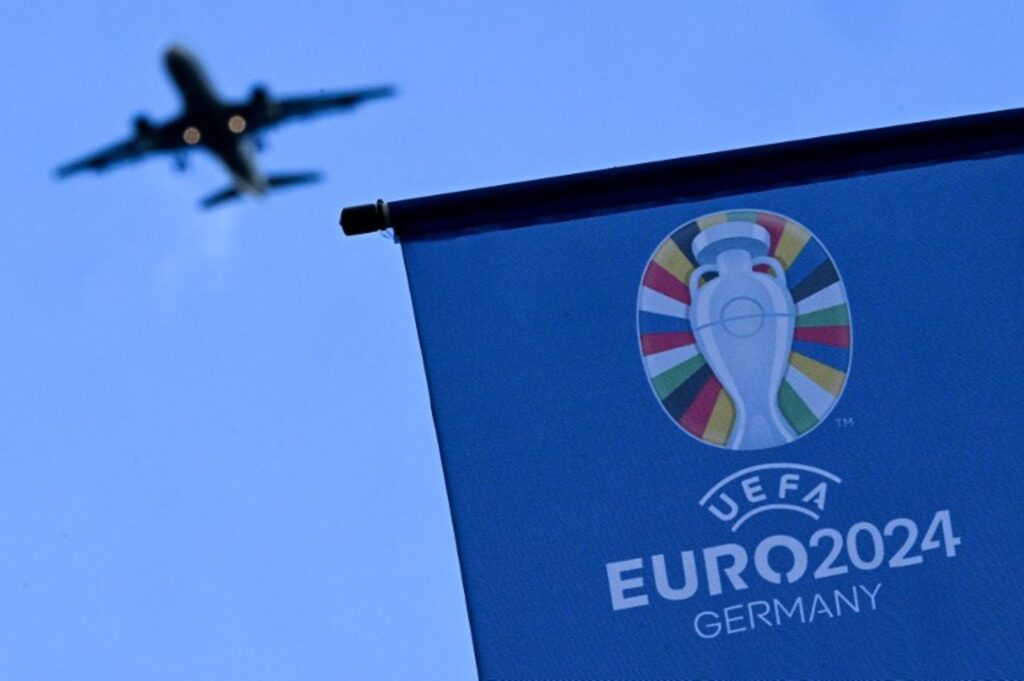The 17th European Football Championship will begin on Friday night with Germany and Scotland's match at Munich's Allianz Arena. The competition will wrap up on 14 July at Berlin's Olympic Stadium.
Three years on from a unique Euro 2020, which was hosted across 11 countries and delayed by a year due to the Covid-19 pandemic, the championship returns to a single-country format. The matches will be played under comparatively normal conditions, notwithstanding the persisting threat of terrorism.
In 2021, Italy unexpectedly came out on top, beating England in a penalty shootout in the Wembley final. This year, after a disappointing World Cup performance in Qatar and tough qualifiers, Italians are viewed as underdogs. They face a formidable challenge in the "group of death", alongside Spain, Croatia and Albania.
The main contenders are France, England, Portugal and the host nation, Germany. Belgium, with its strong attacking capabilities, could potentially be this year's dark horse. France is eyeing its third victory, having previously triumphed at home in 1984 and in Belgium and the Netherlands in 2000.
The French team, eliminated by Switzerland in the 2020 tournament's round of 16, will be seeking redemption this time, after narrowly missing out on a successive World Cup title in Qatar approximately one-and-a-half years ago. Yet, their performance will significantly depend on superstar Kylian Mbappé, whose recent half-season at Real Madrid has been mediocre.
Related News
- Tintin and the Red Devils: Belgian football teams present new comic-themed shirt
- Euro 2024: Belgian Red Devils fly to Germany
The Euro will host 24 countries, providing smaller football nations the opportunity to join the quadrennial event, due in part to the unconventional Nations League qualification format. Newcomers Georgia, Serbia and Slovenia – the last two not having participated since 2000 – mark their debut in the competition.
With the provision allowing the four best third-placers of the group stages to advance, fans should expect some unpredictable outcomes in the second round. If the Red Devils win Group E, which includes Slovakia, Romania and Ukraine, they will face the third-placed team from Groups A, B, C or D in the round of 16 in Munich.
This pits them against 16 possible opponents – a potentially demanding task. In particular, Group B consists of strong contenders Spain, Italy and Croatia battling for a second-round slot.
A prospective quarter-final will unfold at 21:00 on Saturday 6 July at Berlin's Olympic Stadium, where France might be a possible opponent. The second round appears considerably more challenging for Belgium at first glance.

